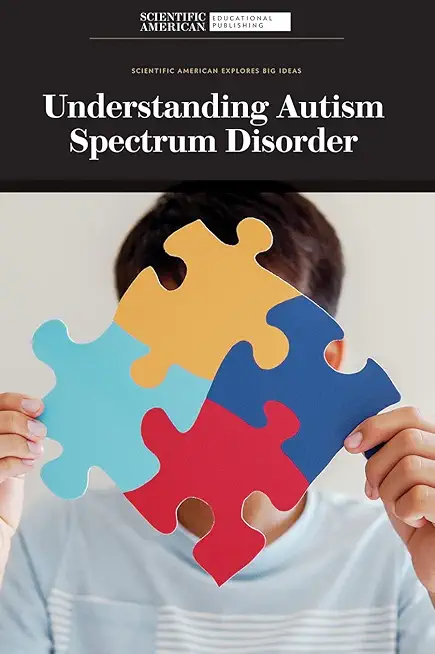
Cooper, Barbara
product information
description
y other-there are rules to follow, ways to measure your progress, and reasons why some people are better at it than others. Although it may seem like this skill comes naturally to those who don't have Asperger's disorder, nonverbal learning disorder (NLD), or other problems relating to others, the reality is that even the most popular people must constantly hone their abilities in order to make new friends and keep the friends they already have. This workbook includes forty activities you can do to recognize and use your unique strengths, understand the unspoken rules behind how people relate to each other, and improve your social skills.
After completing the activities in this workbook, you will discover that you can get along with others and build friendships despite the challenges you face. All you need is the confidence to be yourself while still keeping the feelings of others in mind.
member goods
No member items were found under this heading.
Return Policy
All sales are final
Shipping
No special shipping considerations available.
Shipping fees determined at checkout.







